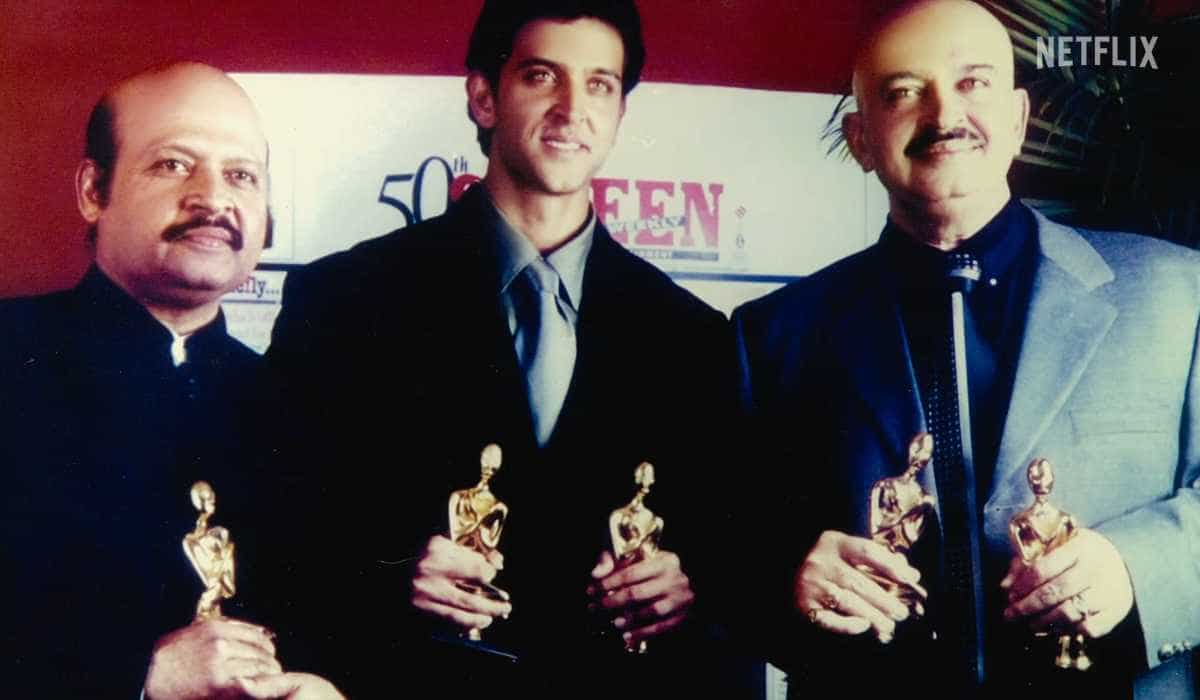
Did last night’s alcohol trigger your hangxiety? Know what is hangxiety, why it happens and ways to prevent it
1 month ago | 5 Views
Do you wake up the next morning after a night of celebrations, a few drinks with friends, and start revisiting all the conversations you made, but with a racing heart? You might be facing hangover anxiety or hangxiety. About 22% of the social drinkers fall victim to this condition.
While it might be mild nerves for some, it can be a huge wave of anxiety for others. It can make people dread themselves, with a sense of not being able to relax at all.
What is hangxiety?
A hangover is the body’s reaction and the efforts to repair after a night of drinking. Characterised by dehydration and disrupted sleep, hangover symptoms are mainly physical, but they can have serious implications on mental health as well.
Alcohol acts as a nervous system depressant, which helps us to relax and become calmer. It helps slow down our thoughts and ease ourselves. This further affects our mood, emotions and alertness, allowing us to let our guard down and become more carefree.
Why do some people get hangxiety while others don’t?
The genes are to be blamed for it. A study published in 2014 stated that genetics play a significant role in the way the body processes alcohol. This explains why we may have hangxiety while our friends may wake up absolutely fine after a night of heavy drinking. Genes influence the physical symptoms of dehydration and headaches, which can further trigger anxiety.
The vicious cycle of drinking:
When people experience anxiety regularly, they may resort to heavier consumption of alcohol to wind down and feel better. The hangxiety attack the next morning can drive them to another cycle of drinking, getting them deeper into the vicious cycle.

Tips to prevent hangxiety:
- One of the best ways to prevent hangovers and anxiety is to limit alcohol consumption and drink responsibly.
- Even if the physical symptoms persist the next day, we should drink plenty of water to rehydrate ourselves and have a light meal.
- We can try mindfulness techniques such as meditation and yoga to relax the muscles and feel better.
- Talking to a close friend can offer us a safe space to speak our minds and assure ourselves.





















